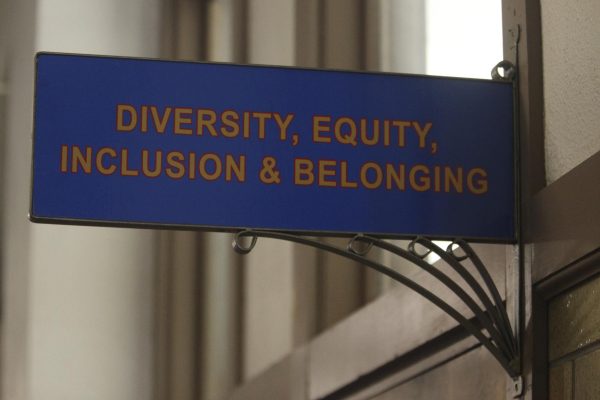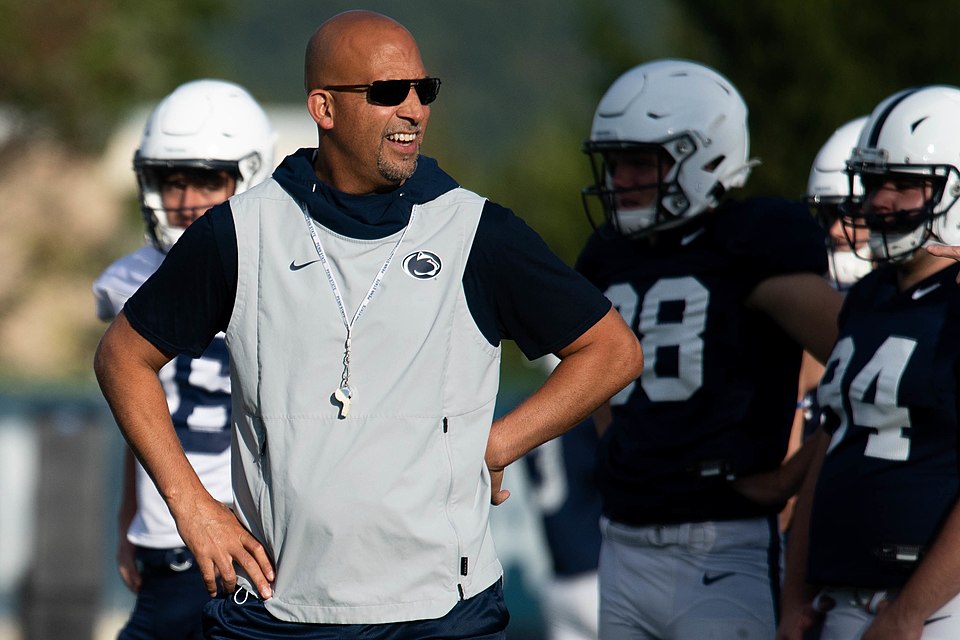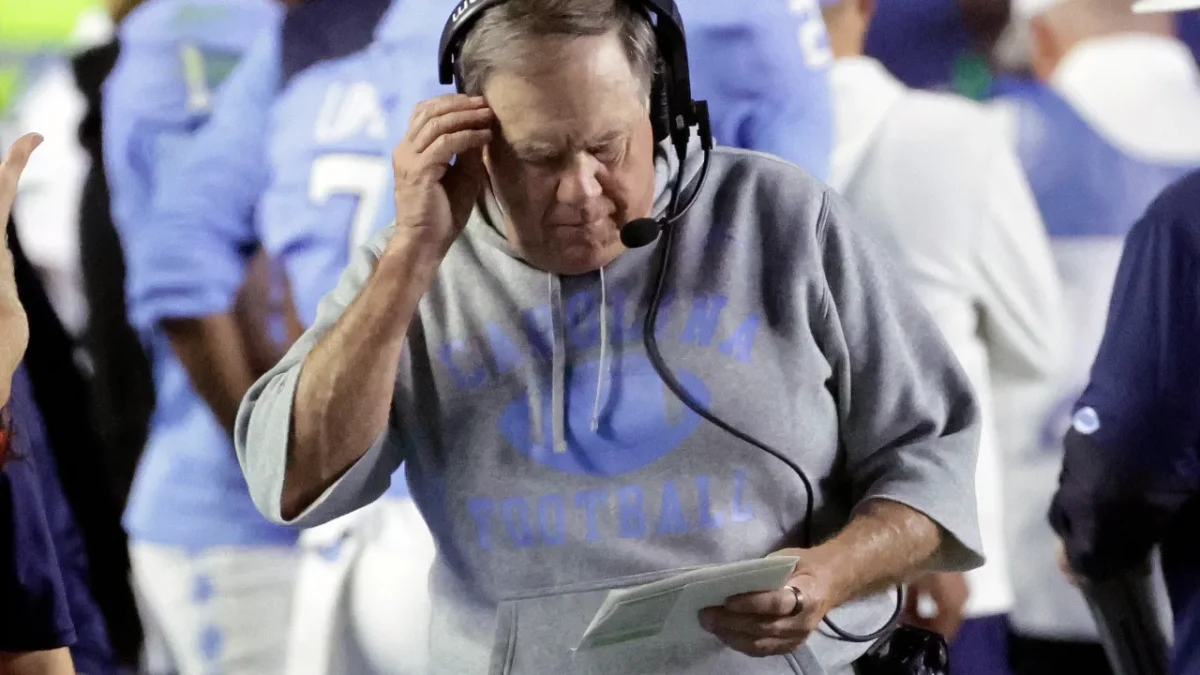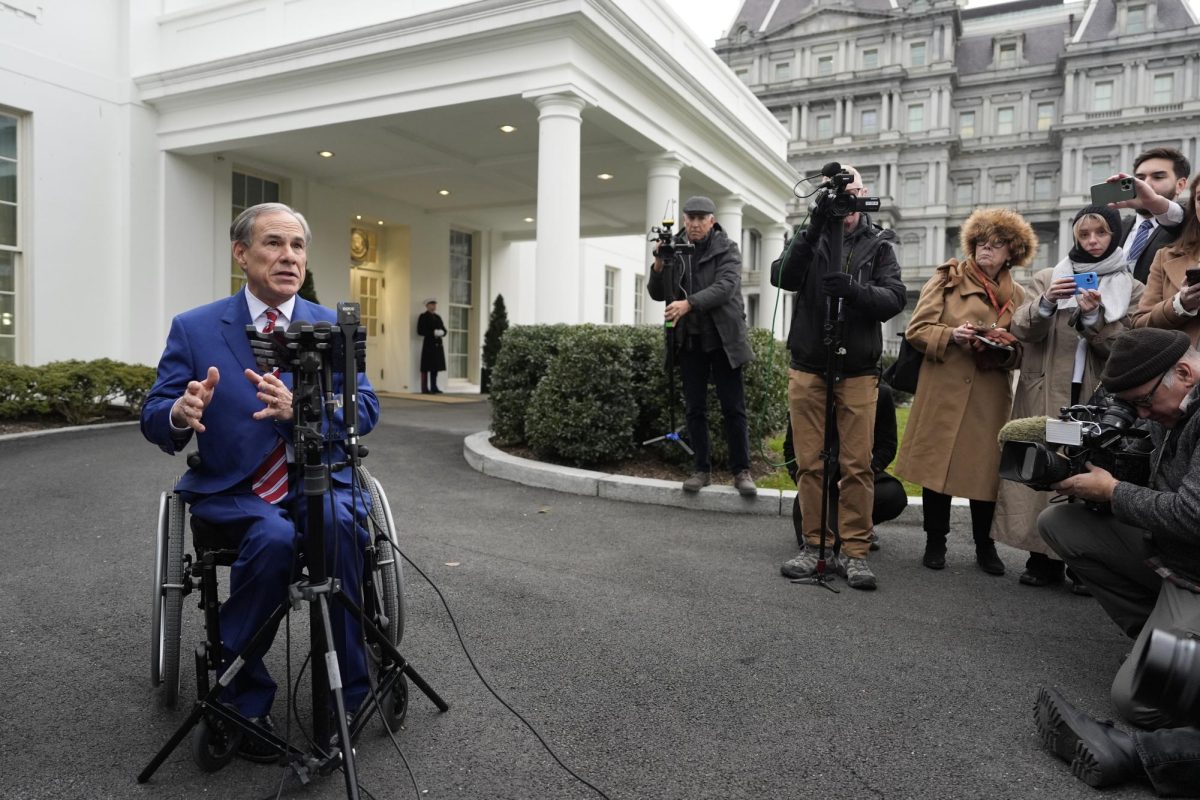The American Psychological Association describes DEI as a “conceptual framework that promotes the fair treatment and full participation of all people, especially populations that have historically been underrepresented or subject to discrimination because of their background, identity, disability, etc.” As America becomes more and more diverse, its reflection in the mirror should be clear, but it remains tainted by the fear of our nation’s leaders. Texas’ ban on DEI in the workplace is a regressive policy that harms both employees and businesses by limiting diversity, stifling inclusion, and reinforcing systemic barriers. This ban isn’t just about politics; it’s about real people, real opportunities, and the erasure of vital workplace protections.
On July 2nd, 1964, President Lyndon Johnson signed into law the Civil Rights Act of 1964, making it illegal to discriminate based on race, color, gender, religion, or national origin. This meant employees could now sue their employers for workplace discrimination and harassment. Since then, companies have made it a point to prioritize hiring a diverse group of qualified individuals to create an environment where employees of various backgrounds could all thrive.
Texas’ leaders claim this is about fairness and meritocracy, but in all actuality, it dismisses the very barriers that DEI programs aim to dismantle. Gov Abbott leads this charge and characterizes DEI as “new forms of racism” and “radical policies.” Other supporters of the ban argue that it creates unnecessary division. 
The effects of these bans are far-reaching, especially at a time when the country is even more divided than it was when these policies came into place. As with many policies in the US, the most affected individuals are already the most disenfranchised. DEI isn’t about giving anyone an unfair advantage, it’s about leveling the playing field. Employees with diverse backgrounds may face greater difficulties in career advancement, workplace support, or even getting the initial job interview.
While the state has banned formal DEI initiatives, that doesn’t mean the fight for equity in the workplace is lost. Employees and businesses must be creative. Companies committed to diversity can still foster inclusion through fair hiring practices, resource groups, and other internal programs.
Texas’ ban is a reminder that progress is never-ending. It’s a call to action for communities and businesses to reaffirm their commitment to diversity, equity, and inclusion in the workplace. We must acknowledge that ignoring inequities doesn’t make them disappear, only advocacy and action will. History shows that when those in power try to silence marginalized groups, the groups fight louder, harder, and smarter.


























